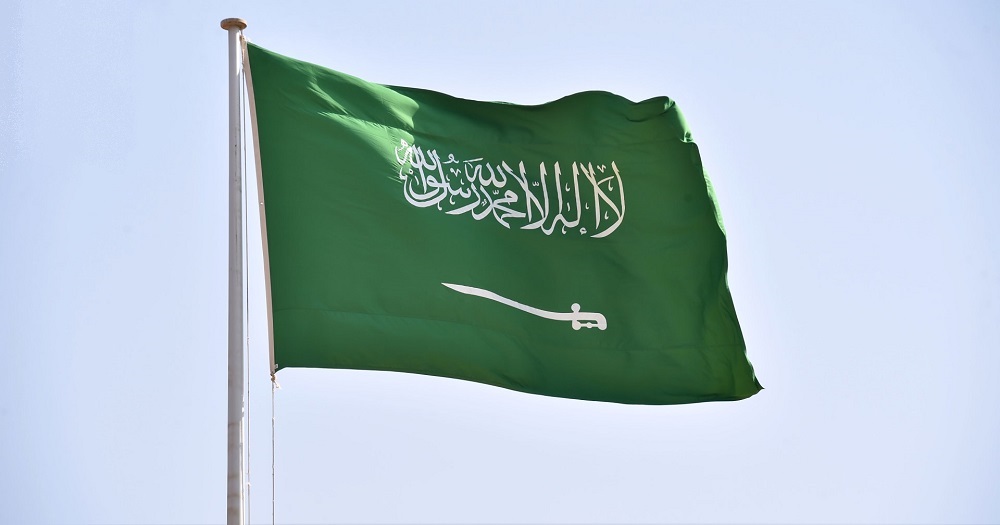
UNESCO Releases Report Highlighting Saudi AI Accomplishments
The United Nations Educational, Scientific and Cultural Organization (UNESCO) has released its international report on the readiness of the Kingdom of Saudi Arabia in the field of artificial intelligence (AI). The report highlights the significant advancements the Kingdom has achieved in this cutting-edge domain. It forms part of UNESCO's efforts to support member states by evaluating their preparedness to implement artificial intelligence using its Readiness Assessment Methodology (RAM) in alignment with ethical principles and international standards.
The report commended Saudi Arabia’s progress in AI, positioning the Kingdom as a global model for adopting advanced technologies. It reviewed the Kingdom’s journey in this field, emphasizing the establishment of the Saudi Data and AI Authority (SDAIA) in 2019 and the launch of the National Strategy for Data and Artificial Intelligence in 2020. The report praised the government’s support in driving AI progress, citing numerous accomplishments in the AI regulatory framework. These include enhancing innovation while managing risks, fostering collaboration between the public and private sectors, advancing education, raising professional standards, and empowering women in the AI field.
The report also focused on the creation of UNESCO's Readiness Assessment Methodology (RAM), designed to evaluate countries’ preparedness for the ethical and responsible implementation of artificial intelligence. In the case of Saudi Arabia, the assessment covered six primary areas: national governance, legislation and regulations, society, culture and economy, research and education, economic dimensions, and technical infrastructure.
Assistant Director-General for Social and Human Sciences Gabriela Ramos highlighted in her foreword the Saudi Data and AI Authority's efforts in establishing robust governance frameworks. She expressed appreciation for the cooperation between Saudi Arabia and UNESCO and voiced confidence in the Kingdom’s ability to achieve sustainable, positive outcomes through AI. Ramos noted Saudi Arabia’s clear roadmap for leveraging AI technologies to deliver fair, inclusive, and sustainable results.
The report further outlined Saudi Arabia’s notable AI achievements, including its leadership in global indicators. The Kingdom ranked first globally in the "Government Strategy for Artificial Intelligence" category according to the 2024 Global Artificial Intelligence Index. It also placed second globally in societal awareness of artificial intelligence, as per the 2023 Artificial Intelligence Index, and first regionally in overall AI performance.
Advancements in technical infrastructure were also highlighted, such as increasing data center capacity to 204 megawatts in 2023, launching the supercomputer "Shaheen III," and improving digital connectivity through initiatives like the SPINE platform.
In terms of innovation and research, the report noted that AI-related scientific publications more than doubled, rising from 4,100 in 2019 to 10,500 in 2023. The establishment of centers of excellence, such as the KAUST-SDAIA Center, was instrumental in fostering AI innovation. The report also recognized the Kingdom’s emphasis on empowering women in technical fields, with women’s workforce participation increasing from 20 percent in 2017 to 34 percent in 2024.
Additionally, the report highlighted Saudi Arabia's significant investments in AI, which exceeded $3.9 billion in 2023, and the establishment of national companies specializing in the field. The Kingdom’s international presence was also emphasized, with its hosting of the Global Artificial Intelligence Summit—a leading global platform for AI dialogue and collaboration. Through active participation in international AI conferences and forums, Saudi Arabia continues to enhance global cooperation in this rapidly evolving field.








